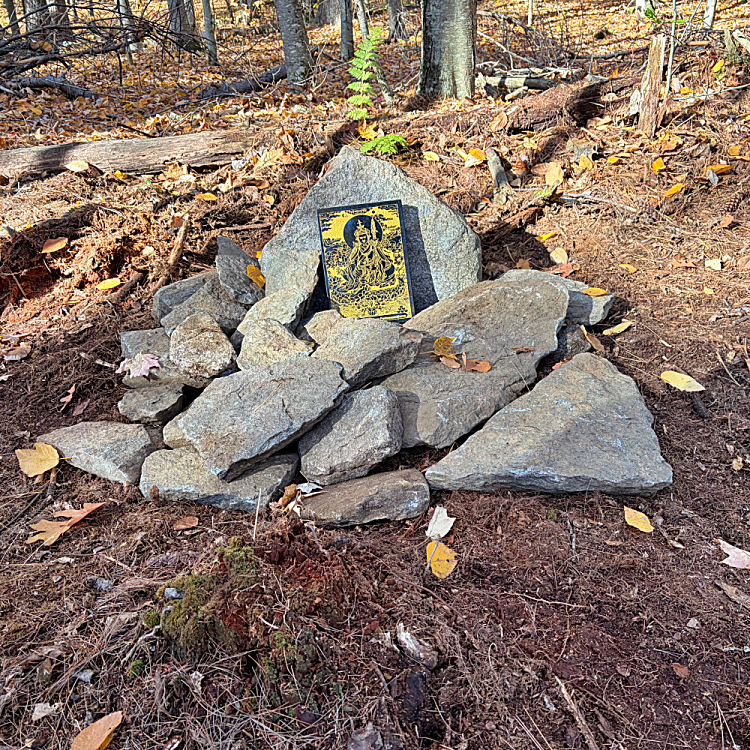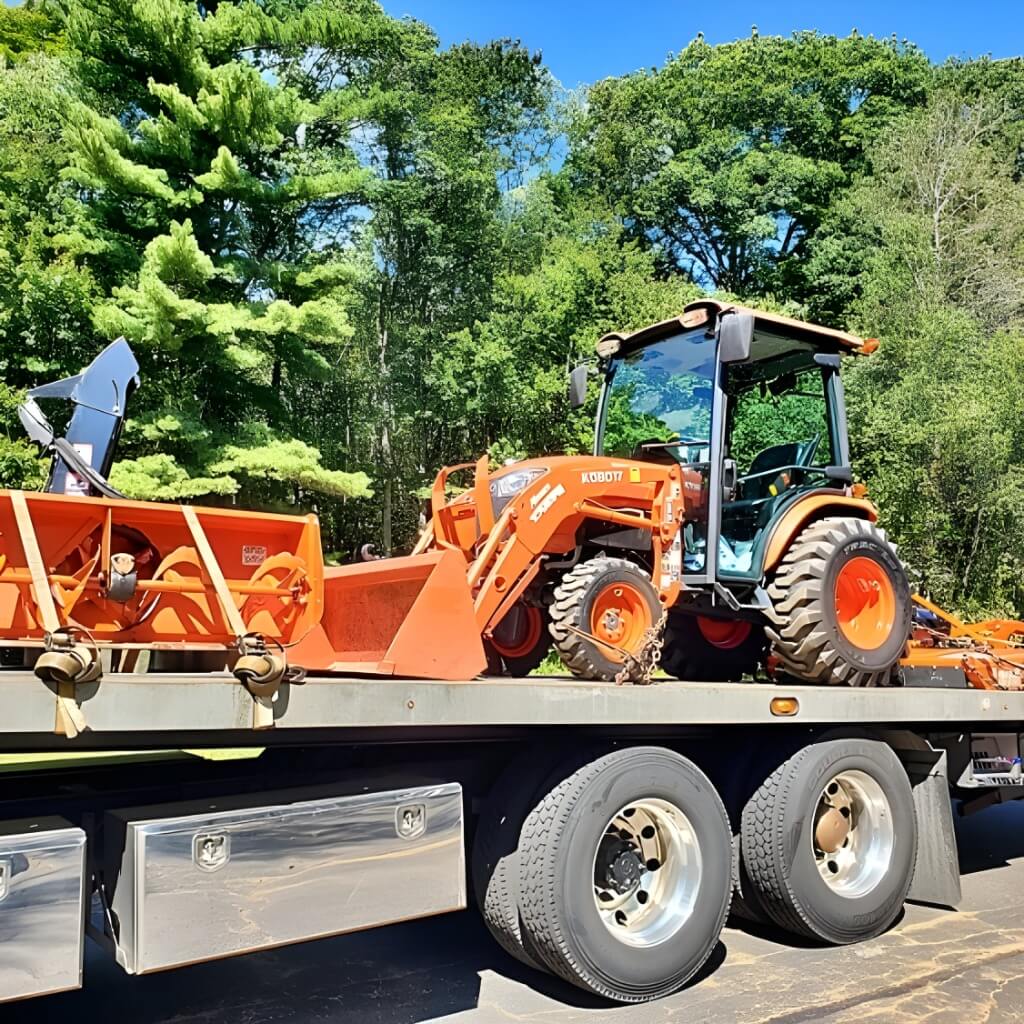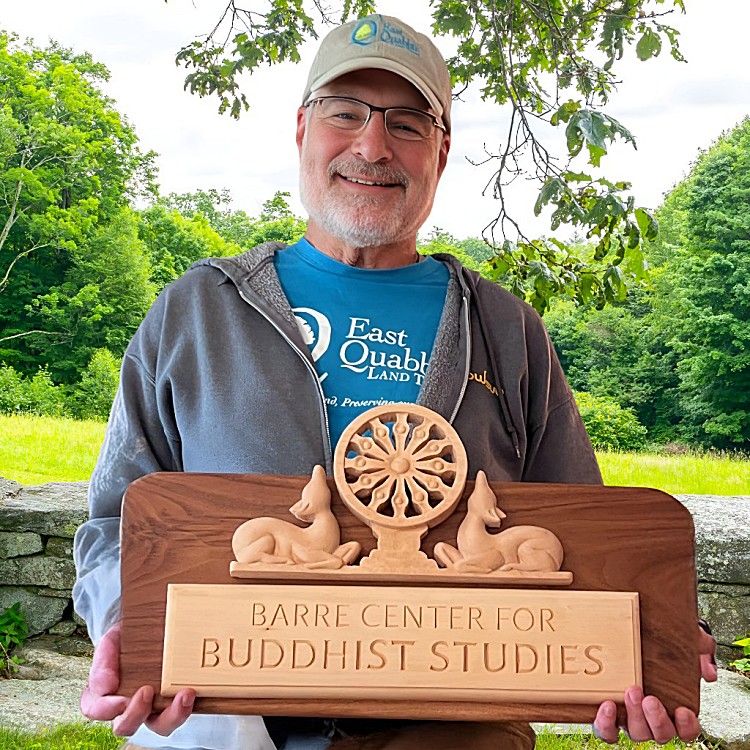 The week before Thanksgiving, BCBS Director of Studies, William Edelglass, gave a plenary address at the annual meeting of the American Academy of Religion (AAR) in San Diego. With more than 7,000 attendees, this conference is the largest annual conference focused on the study of religion. The theme of this year’s AAR was religion, violence, and non-violence. William’s plenary was titled: “Violence, Nonviolence, and Antiviolence in B. R. Ambedkar’s Buddhist Thought.”
The week before Thanksgiving, BCBS Director of Studies, William Edelglass, gave a plenary address at the annual meeting of the American Academy of Religion (AAR) in San Diego. With more than 7,000 attendees, this conference is the largest annual conference focused on the study of religion. The theme of this year’s AAR was religion, violence, and non-violence. William’s plenary was titled: “Violence, Nonviolence, and Antiviolence in B. R. Ambedkar’s Buddhist Thought.”
From his student days through the end of his remarkable life, the great 20th century Buddhist thinker and politician B. R. Ambedkar was concerned with understanding the violence suffered by those at the bottom of social hierarchies, especially caste and gender violence. Ambedkar devoted his considerable energy to making this violence visible and working for legal, institutional, and social solutions to address it. Given the Buddhist framework of much of his later work and his explicitly Buddhist interpretations of ahiṃsā—”non-harm”; today often rendered as “non-violence”—William presented Ambedkar as making a Buddhist contribution to contemporary discourse on violence, non-violence, and antiviolence. In his interpretation of Buddhist teachings on ahiṃsā, Ambedkar argues that because injustice is a pernicious form of structural violence, so-called “non-violence” that maintains injustice is itself a form of violence. Ambedkar proposes an antiviolent Buddhist ethics and politics, situating the struggle against violence in the personal, interpersonal, and social and political dimensions of our lives. (For those interested, here is a link to a longer version of William’s presentation, forthcoming in a book on Buddhism, violence, and nonviolence.)
Earlier this fall, William gave an opening keynote address at an international conference held at the University of Verona, in Italy, also focused on Ambedkar’s work. The conference was called “Environmental Ethics and Vulnerability in Western and/or Buddhist Philosophy.” Participants from Europe and North America explored questions of vulnerability and environmental ethics from a variety of perspectives. William’s keynote was titled “Ambedkar, Liberation Ecology, and Buddhist Environmental Justice.” In his talk, he situates Ambedkar in a broader historical context of Buddhist reflections on water, monastic relationships with irrigation systems and access to water and justice. For Ambedkar, fields, water, forests, and villages are never simply naturally given; how we engage with them is always socially and culturally conditioned. William’s talk concluded with describing an Ambedkarite Buddhist landscape, in which fields, forests, rivers and lakes are cared for and the resources are shared in an egalitarian, democratic way. In Ambedkar’s vision of Buddhism, a Buddhist landscape is one characterized by justice and solidarity across social groups. (For more on Ambedkar’s Buddhist political philosophy, see here for one of William’s earlier writings on Ambedkar.)
For readers interested in Ambedkar, we are happy to share that BCBS will be hosting a retreat exploring “Ambedkar’s Dharma of Liberation, Equality, Love, and Justice.” This retreat, led by teachers deeply engaged in Ambedkarite Buddhism, will be a rare opportunity in North America to study and practice in an Ambedkarite tradition, even singing some Ambedkarite Buddhist spirituals.



